Think of revision as a four-step process: Plan; Understand; Memorise; Apply.
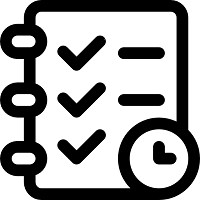 |
PlanningKnow when (and where) your assessments will take
place. |
 |
UnderstandingReview what you need to revise. Ideally when you initially studied the content you are revising you made sense of the concepts and practiced the skills.As you review, if there are areas that you don't understand this is your first priority - use text books, online resources, your teacher or others as sources of information to help you in this process. Techniques such as mind mapping, funneling, writing notes, listening to podcasts, watching YouTube videos, sketch noting, electronic note taking and teaching others are ways many students find useful to ensure they understand what they need to revise. |
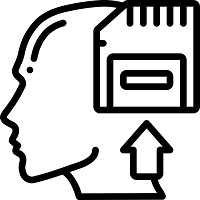 |
MemorisingRemembering and being able to recall key pieces of information requires effort and practice. Choose revision techniques that are inspiring and effective for you. Techniques such as writing out mind maps, post it notes or flashcards; devising mnemonics; recording your self; blurting; making quizlets; testing yourself.Space out your memorizing sessions and increase the challenge as you go, that way your memory skills will improve over time. Practising your skills is also important: describing, explaining and analysing are all skills that get better with practise and repetition. |
 |
ApplyingPractise applying your knowledge and skills by testing yourself and completing timed tasks. It is important that you put yourself under pressure before the actual assessment, that way your body and mind are ready for the assessment.Completing past papers and reading examiner's reports are good activities in the run up to your assessment as you will become attuned to that the examiner is looking for in a good answer. |
Health and wellbeing
Being successful in assessment is hard work. It requires a sustained effort over time. It is also important, therefore, to maintain a healthy lifestyle and to keep a balance between work and rest to ensure long-term positive mental and physical wellbeing.
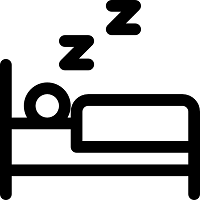
|
SleepRegular sleep patterns have been shown to be highly beneficial, not only for mental and physical health, but to maximise learning. |

|
Healthy eatingA well balanced diet provides the energy and essential nutrients your body and brain needs to stay healthy. |
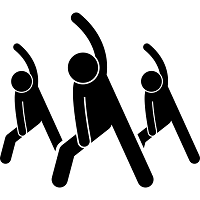
|
ExercisePhysical activity improves all aspects of your health and is a great way to reduce the levels of stress hormone in your body at times when you are under pressure. |

|
BreaksRegular mental breaks will help you to focus. It is more beneficial to work hard and stay focused for a short period and then have a break, than to sit at your desk for hours at a time drifting between work and all those distractions. |
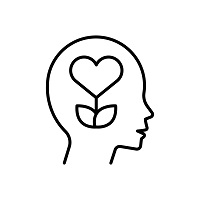
|
Mental healthLearn to recognise your emotions, spot early warning signs of stress and take action early; talk to people about how you are feeling and if you feel it is all getting too much. |